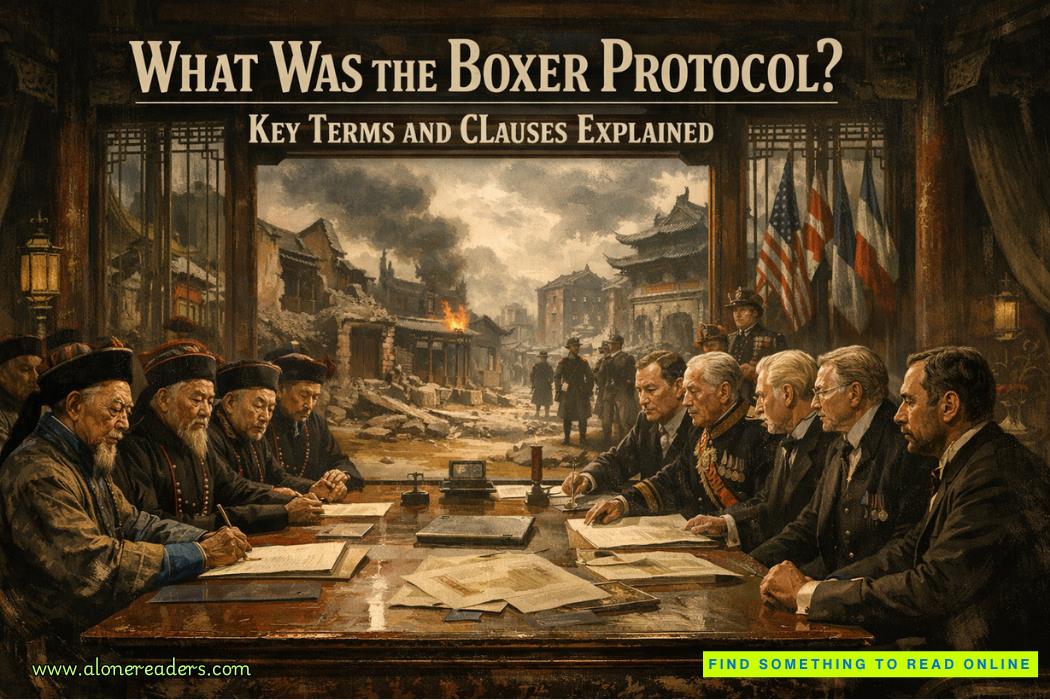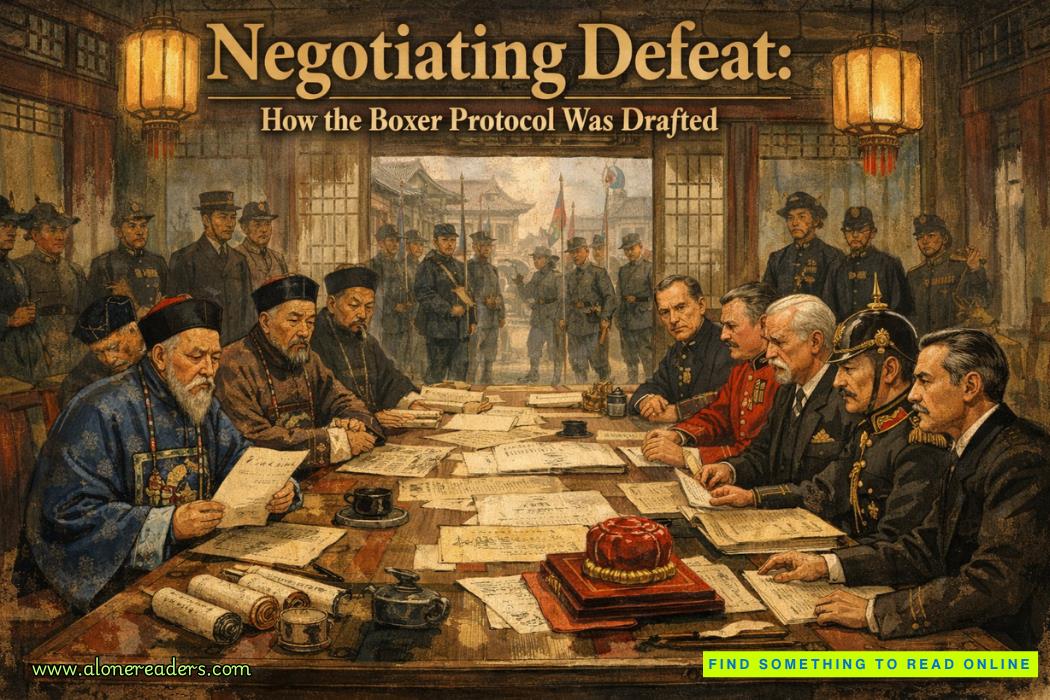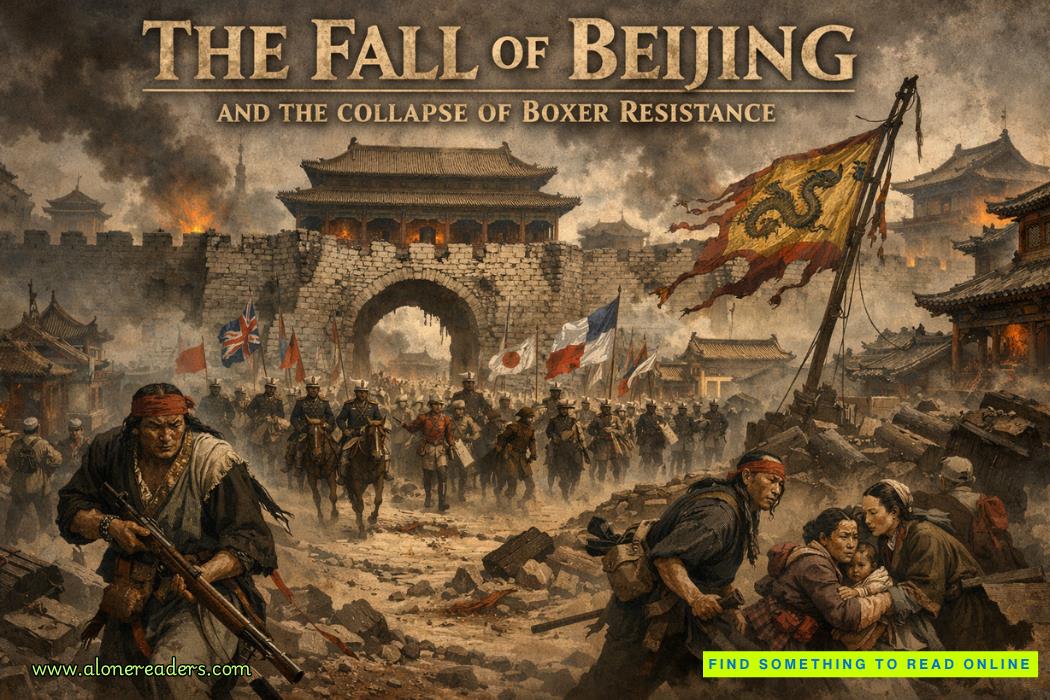‘Yes, him.And everyone knows he’s an old friend.’
‘An acquaintance.And now pope, so … Anyway, I did think about it,’ Kick admitted.‘But then I thought, I can’t be more like what they want me to be, because I don’t even know what that is.I can just be myself.’She stumbled as a couple, moving faster than the rather melancholy tempo of the song the West Indian orchestra were playing, bumped her.‘Which may not be at all what they like, but it’s the best I can do.’
‘In any case, I told them it didn’t matter.’He spoke as though she hadn’t.‘That I was jolly well going to keep seeing you.’
‘Oh, Billy, did you really?’Kick knew her father would leave – either because Roosevelt recalled him, or because he couldn’t bear his post any longer – and that her mother would be pleased.That Prince’s Gate would be packed up.And maybe she would have to sail on theWashingtonnext week, because they would make her.But she also knew – knew as surely as she knew how to find C on a piano, or the right way to throw a football – that she would come back.
America, no matter how hard she called it to mind, had little reality for her now.In her memory, it was pale and candy-coloured and shallow.It was all surface and reflection, it didn’t have the deeper layers that England did.That way of getting inside her – the way that everything, from the smell of soot and sodden wool in London, to the sound of trees, the wind through old walls in the countryside – sat deeper within her than anything else ever had.It was Billy, of course it was.But it wasn’t just Billy.It was a recognition, a rightness, to here and herself here, that she couldn’t give up.
She’d go – she’d have to – to America, land of soda fountains and pool parties and college football games.But she’d be back.That was the important thing.Somehow I will come back, she told herself.I don’t know how, but I will.This is where I’m going to grow old and die, I swear it.
‘Tell me exactly what you said to them,’ she said to Billy, turning her face up to his so that he could kiss her if he wanted to.
Chapter Fifty-Five
Brigid
On the other side of Green Park, that lay so dark it was like a blob of black ink, Brigid sat in the armchair beside her bed and tried to read.But mostly she listened to the silence.Her mother was at a Women’s Institute meeting, planning the evacuation of children from London.Her father was at the House.It was where he always was, these days.Without them, there was no life to Grosvenor Place.The usual discreet clatter of servants was no more.So many had left already, busy with the greater urgency of factory production lines.It was like being on a ship, she thought.An abandoned one.
She went again to check the bedroom that had been prepared for Hannah on Doris’ instructions.To make sure it had everything a twelve-year-old girl would need.She checked the clothes hanging in the cupboard, a neat row of dresses, jerseys and skirts.Then the books she had gathered from her own bedroom and brought here.She knew Hannah spoke German, but perhaps she would learn English and be able to read them:Swallows and Amazons,Just William,The Velveteen Rabbit.On top of the low white-painted bookcase was a violin.Hannah played; Brigid knew because Doris had told them.And so they had borrowed a violin for her.Do not buy one, Doris had written,because I have Hannah’s to bring with me when I come.That had been in the last letter from Doris.Since then, there had been no word.That was when Honor had begun to worry.The silence, she said, was unlike Doris.The empty flat in Berlin where the telephone rang and rang and was not answered.The fact that Hannah travelled alone.That too was unlike Doris.Brigid didn’t know what to say to reassure her, except,She will telephone when she can.She will write when she can.Maybe Hannah will know, when she comes.It wasn’t much.
Everything in the bedroom was in order: neat and pretty and clean.There was nothing more for Brigid to do there.She went back to her bedroom, wondering should she go to the Café de Paris after all.But there was no one to take her and she didn’t want to walk the pitch-dark streets alone.
She picked up the last letter Fritzi had sent her – he wrote often these days, from Cambridge.I go by Count von Lingen these days, in his elegant scrawl.Although I don’t suppose it is much of a disguise.Was he making ajoke?she wondered.My grandfather says I should come back to Germany, that I will be rounded up if I stay here.But I won’t go back, Brigid, I cannot …He didn’t say why he wouldn’t go back, and she was trying to puzzle it out when Minnie came in with an armful of clean dresses in the mossy green of the Women’s Voluntary Service.Minnie had joined too, so that now, when they did things, they did them together, both the same in the green; ‘both equal, only you are far better ateverythingthan I am,’ as Brigid had said.
‘Imagine who I saw today?’Minnie said, setting the dresses down.
‘Who?’Brigid reached a hand out for one and began to fold it.
‘Albert.Who was Prince Friedrich’s man at Kelvedon, and then he disappeared.’
‘What?Where?’
‘On Victoria Street, just as I was turning the corner onto Abingdon Street.There he was.I hailed him, by his name, and he ignored me.So I hailed again, and he turned and looked at me as though he didn’t know me and then turned back to his companion and said something in a low voice and they both laughed.’She flushed at the memory, but carried on defiantly.‘I said, “Well, look at you, large as life after disappearing in a puff of smoke.You know we looked for you, the whole household, for days, and even had the police in?Not that they were terribly interested, what with you being German.”He looked a bit shook at that, and said, “I think you must have me confused with someone else,” and the thing is, Lady Brigid—’
‘Biddy,’
‘— Biddy.’She grinned.‘He sounded as English as ever you or I.Then I did wonder was it him.But it was.I’m certain of it.’
‘Who was his companion?’
‘I don’t know, but he was English too.’
‘Are you sure?’
‘Certain.’
‘What then?’
‘Nothing.He walked off, quick as ever he could.Almost, he ran.’
What could it mean?Brigid had no idea, but knew she must tell Doris quickly.Because somehow, Albert being spotted in London when he had vanished so mysteriously, and now speaking like an Englishman, might mean something bad for her.Even if Albert’s strange reappearance now was nothing more than coincidence, it was a reminder of all the ways in which what Doris did – whatever it was that she did, exactly – was dangerous.And now Brigid, as much as Honor, wanted to see Doris safely out of Berlin.But she couldn’t think how to write such a letter – what could one say?What, even, was the post like between England and Germany now?She must go to Belgrave Square, she decided, to tell Honor.
‘Will you walk with me?’she asked Minnie.‘It’s so very dark …’
Honor, Andrews informed them, was out.‘Mr Channon is in his study, however.’
‘Darling, how lovely,’ Chips said, greeting her and nodding politely to Minnie.Out of uniform, Brigid had noticed, even people like Chips couldn’t always tell who was a servant anymore.‘You are just in time,’ he continued, handing her a drink.He immediately began complaining that trenches had been dug across the lawns at Kelvedon, on the say-so of the estate manager.‘How dared he?And when I complained he only said, “We are at war, sir,” all self-righteously.I know very well we are at war.I was in the House when Chamberlain announced it:This is a sad day for all of us, and to none is it sadder than to me.’He had the line by heart, Brigid noted.Almost, she felt sorry for him, trying to turn desperately in midstream, like a great ship that must be wrangled about, towed laboriously into a different path by tiny tug boats.















